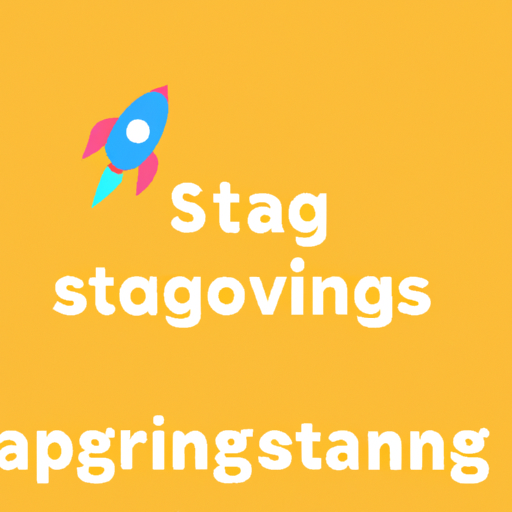How to Conduct Keyword Research That Drives Traffic to Your Startup
How to Conduct Keyword Research That Drives Traffic to Your Startup
In the digital landscape, understanding how to conduct effective keyword research is crucial for any startup aiming to drive traffic and build a solid online presence. Keyword research helps identify the terms and phrases that your target audience is using to find products or services similar to yours. In this post, we’ll explore practical steps for keyword research and highlight how Algoboost.io can assist in overcoming common SEO challenges.
Understanding Your Audience
Before diving into the mechanics of keyword research, it’s important to understand your audience. Knowing who they are will guide you in selecting the right keywords that resonate with their needs and queries.
Creating User Personas
Start by creating detailed user personas. Consider factors such as:
- Demographics: Age, gender, location, and income.
- Interests: What are their hobbies? What challenges do they face?
- Online Behavior: What platforms do they frequent? How do they search for information?
Having a clear understanding of your audience enables you to identify potential keywords that align with their search intent.
Identifying Potential Keywords
Once you have a firm grasp of your audience, it’s time to brainstorm potential keywords. Here’s how you can do this effectively:
Using Keyword Research Tools
There are numerous tools available that can significantly ease the keyword research process. Algoboost.io offers a comprehensive suite of SEO tools that can help you uncover valuable keywords that drive traffic.
Here are some options:
- Google Keyword Planner: A free tool that provides keyword ideas and search volume data.
- SEMrush: This powerful tool allows you to analyze competitor keywords and trends.
- Ahrefs: Offers extensive keyword research and competitive analysis features.
These tools will help you assess keyword competitiveness and search volume, allowing you to prioritize the ones that can yield the best results for your startup.
Evaluating Keyword Intent
It’s not just about finding keywords but also understanding the intent behind them. The four primary types of search intent are:
- Informational: Users are seeking information (e.g., “How to start a business”).
- Navigational: Users want to find a specific website (e.g., “Algoboost login”).
- Transactional: Users are intending to make a purchase (e.g., “buy SEO tools”).
- Commercial Investigation: Users are considering a purchase and comparing options (e.g., “best SEO tools for startups”).
Understanding which category your keywords fall into allows you to create content that meets your users’ expectations, ultimately leading to higher engagement and conversions.
Analyzing the Competition
Analyzing your competitors is an essential part of the keyword research process. By understanding what keywords they’re ranking for, you can find opportunities to target similar or related terms.
Evaluating Competitor Content
Examine competitor websites and note the following:
- Keywords they target in titles and headings.
- The quality of their content and how they engage their audience.
- The backlinks to their pages, which can indicate authority and relevance.
Using Algoboost.io, you can gain insights into your competitor’s SEO strategies, giving you a competitive edge in the ongoing battle for visibility.
Implementing Your Keyword Strategy
Now that you have a robust list of keywords, it’s time to incorporate them into your content effectively. Here are some tips:
Optimizing On-Page SEO
– **Title Tags:** Ensure the primary keyword appears in the title.
– **Meta Descriptions:** Use the keyword in your meta description to improve click-through rates.
– **Header Tags:** Utilize headings (H1, H2, H3) strategically, placing keywords naturally throughout your content.
Content Creation
Create high-quality, informative content around your chosen keywords. Focus on providing value, and ensure your content answers the questions that your audience is asking.
Measuring Your Success
After implementing your keyword strategy, it’s essential to measure your performance. Track the following metrics:
- Organic traffic growth.
- Keyword rankings.
- Conversion rates from organic search.
Using Algoboost.io, you can continually analyze your SEO performance and make data-driven adjustments to improve your results.
Conclusion
Conducting keyword research is a fundamental step in driving traffic to your startup. By systematically identifying keywords, understanding search intent, and analyzing competitors, you can create a robust SEO strategy that resonates with your audience. For additional support and innovative solutions tailored to your unique challenges, visit Algoboost.io and unlock the full potential of your SEO efforts.






